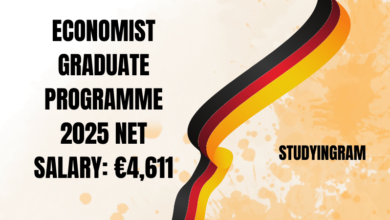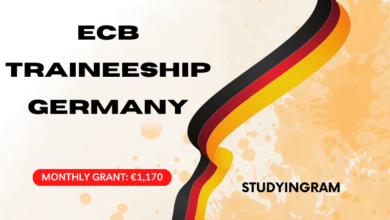The European Railway Agency (ERA) traineeship scheme is addressed mainly to young university graduates, without excluding those who, in the framework of lifelong learning, have recently obtained a university diploma and are at the beginning of a new professional career. It addresses also seconded trainees, students preparing a thesis and students having an obligation due to their curricula to undergo a traineeship.
provides in-service training to selected trainees who have a background relating to the activities of the agency.
The aims of the traineeship at ERA are:
- to provide trainees with an understanding of the objectives and activities of ERA;
- to enable trainees to acquire practical experience and knowledge of the day-to-day work of ERA in the different fields of activity of the Agency;
- to promote European integration within the spirit of new governance and through active participation to create awareness of true European citizenship;
- to enable trainees to put into practice knowledge acquired during their studies, or professional careers.
1. STANDARD TRAINEESHIP, divided into 4 sub-types:
– Traineeship after university education
For persons who have completed the first cycle of a higher education course (i.e. university education) and obtained a full degree or its equivalent by the closing date for application.
A monthly grant of ca. €1,298, reimbursement of travel expenses, paid leaves and training opportunities reserved for the staff is also offered for this type of traineeship.
Standard traineeships are organised twice a year, each for a period of 10 months, starting either in Spring or Autumn.
How to apply
Next session starts on 1st of September 2020.
To apply candidates should fill in the application form and submit it online.
Please read carefully all the documents before applying, particularly the rules governing traineeships at ERA, which explain the application procedure in detail.
– Thesis traineeship
For students who are attending university or an equivalent educational institution and are preparing a degree thesis or its equivalent.
The purpose of the training must be directly related to the subject of the thesis. A reimbursement, up to € 300 per month, for accommodation is paid on the basis of supporting documents.
– Secondment traineeship (from private or public entity)
For persons who are already working and who are willing to familiarise themselves with ERA’s operational activities.
It is mainly addressed to ERA stakeholders. No grant is paid and no reimbursement is made for this type of traineeship.
– Traineeships under grant agreements between the Agency and the European Commission covering cooperation programs with third countries “(for example, IPA or EUMedRail grant agreements)”.
This type of traineeships is made to welcome designated officials by third countries in order to implement the signed grant agreements.
2. STUDENT TRAINEESHIP
Designed to allow students, having an obligation due to their curricula, to undergo a period of training.
It has a maximum duration of two months. No grant is paid and no reimbursement is made. Students must provide a traineeship “agreement” issued by the school/University.
To apply, need to fill in and submit by e-mail the application form, appending their Curriculum Vitae in a Europass format and a motivation letter stating the aim, the duration and the objectives of the traineeship. The use of English or French is strongly encouraged to facilitate the process.
WHO CAN APPLY
Nationals of the Member States of the European Union, candidates of an acceding country or of the European Economic Area.
However, a limited number of nationals of other third countries are also accepted in accordance with the operational priorities of ERA.
Candidates must have a very good knowledge of at least two EU official languages, of which one should be English.
Applicants from non-EU Member States must possess an excellent command of the English language and good command of a second language (not necessarily an official EU language).
Priority will be given to candidates who have never been working or training within a European Institution or Body.
Find out more here.





